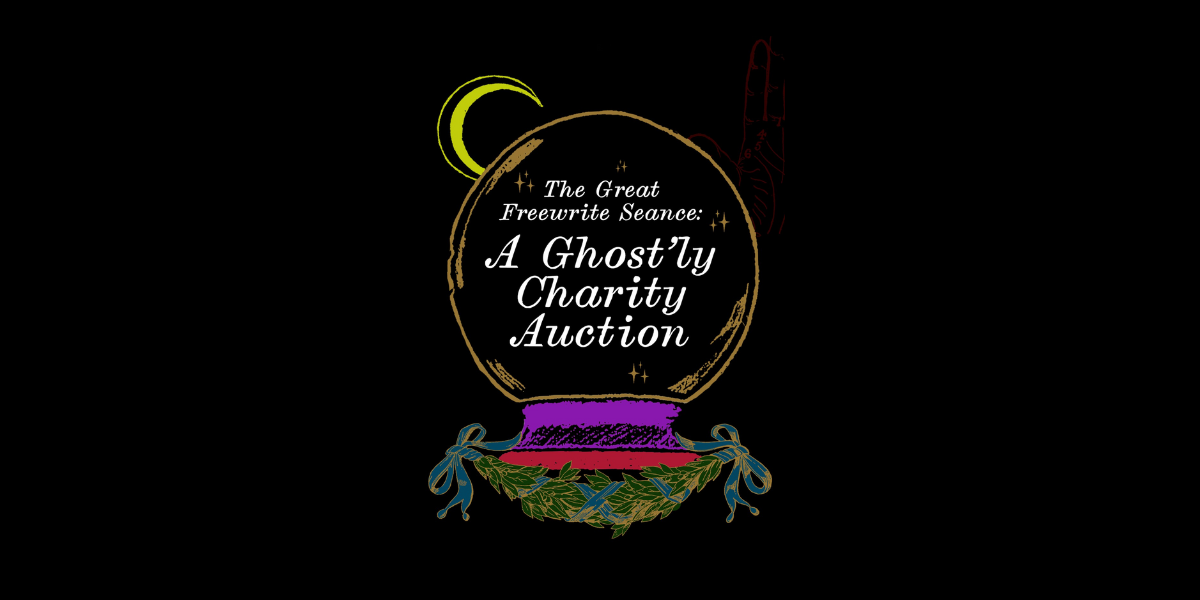Como narradores, nos volvemos muy conscientes de ciertas palabras de moda, ya que suelen aparecer en la mayoría de los artículos, talleres y manuales de escritura. Mostrar, no contar, tensión, conflicto, trasfondo … todos estos son conceptos importantes que surgen una y otra vez porque no encajan en una sola categoría etiquetada como "Trama" o "Personaje". De estas palabras de moda, una destaca por encima de las demás: emoción .
La emoción es la poderosa corriente que fluye por cada parte de nuestra historia, desde la trama y los personajes hasta la ambientación, el ritmo, la temática... y más allá. Lo impregna todo, dotando a cada capa de nuestra historia de un significado más profundo, y lo más importante, conecta a los lectores con nuestros personajes a través de la empatía . Si no logramos crear ese vínculo de empatía que conecta a los lectores con lo que sucede, el libro se cerrará y el lector seguirá adelante. Por lo tanto, aprender a plasmar bien las emociones es probablemente nuestra principal tarea como escritores.

La clave de la empatía es muy sencilla: inspirarse en el mundo real de forma que genere una sensación instantánea (y poderosa) de reconocimiento emocional. En otras palabras, escribe sobre cosas reales e importantes para los lectores. Cosas que ellos mismos han experimentado y sentido. De esta manera, podemos fomentar "experiencias compartidas" donde el lector no solo sigue la lectura, sino que participa activamente hasta el punto de sentir algo profundo y significativo.
Hay muchas maneras de intensificar el impacto emocional de una escena. Aquí hay una que a menudo se pasa por alto.
Emociones en conflicto
Si algo sabemos del mundo real, es que la vida nunca es sencilla, y esto se refleja en nuestras emociones básicas. La vida sería mucho más fácil si pudiéramos definir con exactitud lo que sentimos en cada momento y poder actuar en consecuencia. El problema es que, a menudo, no podemos porque sentimos varias cosas a la vez, y algunas de ellas son contradictorias. Veamos un escenario familiar para los escritores:
Has trabajado como un loco para perfeccionar tu arte. Has leído novelas a montones, has pasado cientos de horas frente al teclado, has asistido a talleres, te has unido a grupos de crítica, has estudiado y consultado, y finalmente... ¡has vendido tu primer libro! Todo el esfuerzo y el sufrimiento del camino valieron la pena: un contrato, un adelanto, una fecha de lanzamiento. ¡Viva!
Deberías sentirte eufórico por haber alcanzado tu meta, ¿verdad? Sí... no.
En cambio, sientes una mezcla de alegría, orgullo, reivindicación, preocupación, duda y miedo.
¿Por qué? Porque si bien tu pasión y dedicación dieron sus frutos, ahora te enfrentas a lo que sigue: un contrato implica expectativas, responsabilidades y plazos. ¿Qué pasa si fallas en las ediciones? ¿Y si el libro no se vende bien? ¿Y si arruinas el siguiente libro que tu editorial también contrató? De repente, este logro supremo también se convierte en un viaje a lo más profundo de tu inseguridad, mientras te preguntas si estás listo para el estrés y la presión de la tarea que te espera.
Las emociones contradictorias forman parte de nuestra vida diaria, lo que las convierte también en parte de la vida diaria del lector. En cualquier momento emocional, sentimos diversas cosas. Sin embargo, en la ficción, la experiencia emocional que transmitimos es monótona, una sola emoción. Describimos al personaje como feliz mediante el lenguaje corporal, las sensaciones internas, el diálogo y los pensamientos desde el punto de vista. O, si ofrecemos una gama de emociones, es complementaria, mostrando a un personaje feliz , agradecido y en paz, todo en uno.
Las experiencias emocionales suelen ser complejas y contener elementos tanto positivos como negativos.
Un personaje que compra su primer coche probablemente esté casi nervioso por sacarlo del concesionario para pasar por casa de su amigo y presumir de él. Pero si profundizamos, quizá en lugar de ir a fondo, a fondo, conduce con un poco más de precaución. ¿Por qué? Porque tener un accidente no es una opción. Se esforzó al máximo para comprar este coche y no puede permitirse cambiarlo. De hecho, quizá la euforia de este nuevo coche radical se atenúa un poco al empezar a preocuparse por cómo afrontar las cuotas. El personaje no siempre se lleva bien con su jefe, y aunque se queja del trabajo (¿qué veinteañero no lo hace?), ahora quizá sienta una renovada gratitud hacia su jefe. Se da cuenta de que tiene suerte de tener el trabajo y quizá debería esforzarse más para asegurarse de conservarlo.
Al igual que en esta situación, las emociones influyen en el pensamiento y la acción. Cuando se involucran emociones contradictorias, se crea un fascinante tira y afloja que atrapa al lector porque sabe exactamente lo que es sentir cosas opuestas y los dilemas que a veces surgen.
¡Tu turno!
La próxima vez que te sientes a escribir la progresión emocional de una escena, anímate a incluir algunas de las otras emociones que bullen bajo la superficie. Mostrar algunos indicios de comportamiento conflictivo (como querer dejarse llevar para ver de qué es capaz un coche nuevo, pero conducir con sensatez) puede ser una puerta de entrada natural que te permita presentar emociones opuestas a los lectores.
Angela Ackerman es coach de escritura, conferenciante internacional y coautora de cinco libros superventas, entre ellos, "The Emotion Thesaurus: A Writer's Guide to Character Expression" . Sus populares guías están disponibles en seis idiomas, provienen de universidades estadounidenses y son utilizadas por novelistas, guionistas, editores y psicólogos de todo el mundo.
Angela también es cofundadora del popular sitio Writers Helping Writers , así como de One Stop for Writers , una innovadora biblioteca en línea repleta de herramientas y recursos para ayudar a los escritores a mejorar sus narrativas. Le encantaría que la visitaras alguna vez; el registro siempre es gratuito.






























